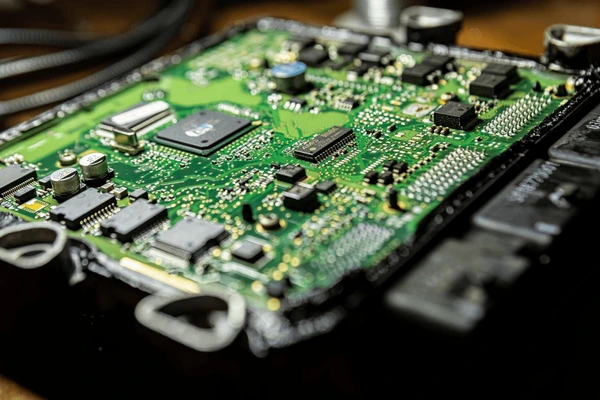The Role of ECM Repair in Ensuring Vehicle Performance and Longevity
In today’s sophisticated automotive landscape, the Engine Control Module (ECM) stands as a pivotal component in ensuring optimal vehicle performance. The ECM, often referred to as the engine control unit (ECU), plays a critical role in managing engine functions, fuel injection, ignition timing, and emissions control. As vehicles become increasingly complex, ECM repair has emerged as a crucial service for maintaining vehicle performance and extending longevity.
Understanding the ECM and Its Functionality
The ECM is the brain of a vehicle’s engine system. It monitors and adjusts various parameters to ensure the engine operates efficiently. By processing input from sensors throughout the engine and other systems, the ECM makes real-time adjustments to enhance performance, fuel efficiency, and emissions control. Key functions of the ECM include:
- Fuel Management: Regulating the amount of fuel injected into the engine to optimize combustion.
- Ignition Timing: Adjusting the timing of spark delivery to ensure smooth engine operation.
- Emissions Control: Managing systems that reduce exhaust emissions to comply with environmental regulations.
Given its integral role, any malfunction in the ECM can lead to significant performance issues and reduced vehicle longevity.

The Importance of ECM Repair
1.Restoring Engine Performance
One of the primary reasons for ecm repair is to restore engine performance. Symptoms of ECM issues can include poor acceleration, rough idling, or decreased fuel efficiency. A malfunctioning ECM can mismanage fuel injection and ignition timing, leading to suboptimal engine performance. Repairing the ECM ensures that these functions are accurately managed, thereby restoring the engine to its optimal performance level.
2.Preventing Engine Damage
A malfunctioning ECM can cause severe engine damage if left unchecked. For example, improper fuel management might lead to engine knocking or overheating, which can damage internal components. Regular ECM repair and maintenance prevent such issues by ensuring that the ECM correctly regulates engine functions, thereby safeguarding against potential engine damage.
3.Enhancing Fuel Efficiency
An efficiently operating ECM optimizes fuel injection and combustion processes, leading to improved fuel efficiency. When the ECM is repaired and functioning correctly, it ensures that the engine burns fuel more efficiently, reducing fuel consumption and lowering overall operating costs. This is particularly beneficial for both individual vehicle owners and fleet operators looking to manage fuel expenses.
4.Ensuring Compliance with Emission Standards
Modern vehicles are required to meet stringent emissions standards. The ECM plays a vital role in managing the emissions control systems, such as catalytic converters and oxygen sensors. If the ECM is malfunctioning, it can cause the vehicle to emit pollutants that exceed legal limits, leading to potential fines and increased environmental impact. ECM repair helps maintain compliance with emissions regulations, ensuring that the vehicle remains environmentally friendly and legally compliant.
Diagnostic and Repair Procedures
1.Diagnostic Testing
Effective ECM repair begins with accurate diagnostics. Technicians use specialized diagnostic tools to read error codes and monitor the ECM’s performance. These tools provide insight into any faults or malfunctions within the ECM or related systems. Common diagnostic tests include scanning for error codes, checking sensor signals, and verifying communication between the ECM and other vehicle modules.
2.Repair or Replacement
Once a problem is identified, the technician will determine whether the ECM can be repaired or if a replacement is necessary. ECM repair may involve reprogramming or recalibrating the module to correct software issues. In cases where the ECM is severely damaged or malfunctioning beyond repair, a replacement unit may be installed. It is essential to use high-quality, compatible ECM units to ensure proper vehicle function.
3.Recalibration and Testing
After repair or replacement, the ECM must be recalibrated to match the vehicle’s specifications. This process involves adjusting the ECM settings to ensure that all engine functions are correctly managed. Following recalibration, thorough testing is conducted to verify that the ECM operates correctly and that the vehicle performs optimally.
Conclusion
ECM repair is a critical aspect of vehicle maintenance that directly impacts engine performance, fuel efficiency, and longevity. By addressing ECM issues promptly, vehicle owners can prevent potential engine damage, ensure compliance with emissions standards, and optimize fuel efficiency. Regular diagnostic testing and timely repairs are essential for maintaining the ECM’s functionality and, by extension, the overall health of the vehicle. As automotive technology continues to advance, the role of ECM repair will remain a key factor in ensuring that vehicles operate smoothly and efficiently for years to come.

















